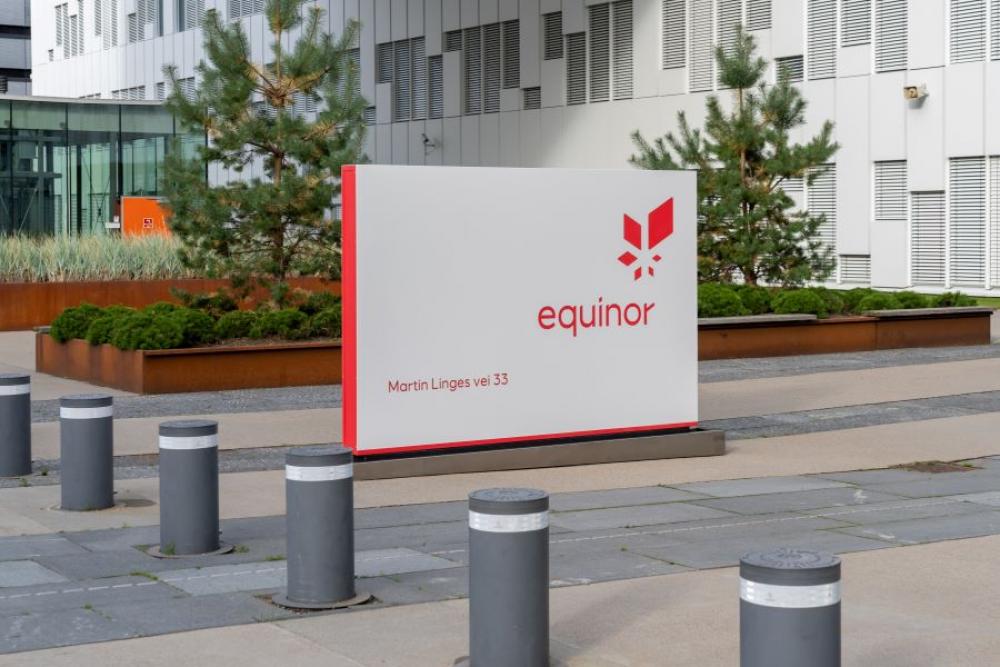In order to increase liquidity and fund growth as it copes with extremely volatile energy markets, energy trader Danske Commodities has obtained a 3.5-billion-euro capital injection from parent company Equinor.
Numerous European utilities and traders have been obliged to secure additional funds. The aim is to meet margin call requirements because of rising energy costs and excessive market volatility.
According to a statement from Jakob Sorensen, financial director at Danske Commodities, when prices rise, so do the size of margin calls on the energy exchanges.
Trading firms must post collateral to cover anticipated price swings between the time a trade is agreed upon and when the energy is delivered.
Danske Commodities had a record year in 2022 and continues
Danske Commodities, which reported operational earnings that increased by six times to record levels in 2021, told the media that it anticipated another record year in 2022 and planned to keep expanding its company.
As a result, the capital infusion highlights their growth goals, the benefits they receive from being a member of Equinor, and their dedication to supporting healthy energy markets, the company stated in a written statement.
In order to further reinforce Danske Commodities’ position in a market context that demands a high degree of solidity and liquidity to function as well as to set the company up for future growth, Equinor stated they are happy to provide the capital injection.
Equinor emerged as a top natural gas supplier in 2022
At a time when margin calls climbed to record highs in Europe, Danske, which trades on 40 exchanges globally, said in September that it had acquired additional money from Equinor.
Following a steep decline in pipeline volumes from Russian company Gazprom since the start of the Ukraine war, Equinor emerged as Europe’s top natural gas supplier. Its majority owner is the Norwegian government. Now makes record profits.
The energy crisis has so far primarily affected European gas importers, with Germany’s Uniper costing the government more than 50 billion euros and potentially facing de facto nationalization.
In order to de facto nationalize the faltering gas firm, Uniper’s shareholders on Monday authorized a state rescue that has so far cost the German government more than 50 billion euros ($53 billion).
Earlier on Monday, Klaus-Dieter Maubach, the chief executive officer of Uniper, warned shareholders in a virtually special meeting that if they rejected the German plan, the chaos brought on by the loss of Russian gas supply may leave them with nothing.
The largest gas supplier to Uniper was originally Russia’s Gazprom, but a sharp decline in deliveries following Moscow’s invasion of Ukraine compelled the German gas importer to acquire gas from other sources at significantly higher costs in order to uphold its commitments.
As a result, Finland’s Fortum, Uniper’s current majority shareholder, will resign. However, Fortum will still have the option to make the first bid for Uniper’s Swedish nuclear and hydro assets by the end of 2026, should the firm decide to sell such assets.

